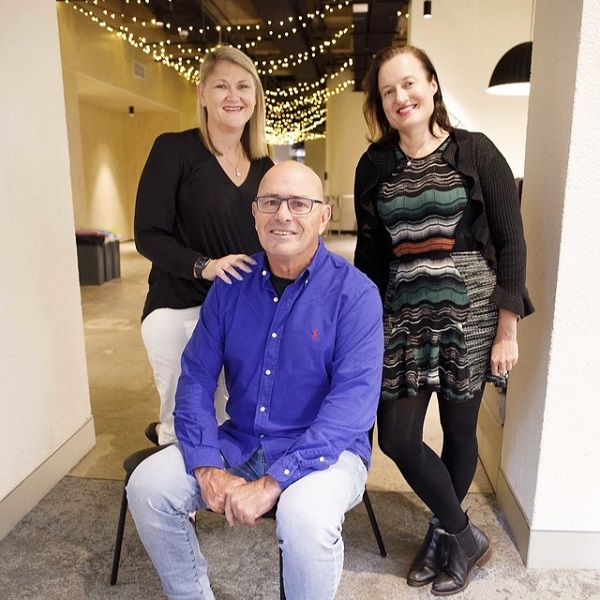
Co-operty appoints Frank Austin as Head of Distribution
Co-operty, the pioneering technology company that is helping Australians step onto the property ladder via co-ownership, has appointed Frank Austin as Head of Distribution.
Austin brings to the proptech startup his vast knowledge of home loan solutions and extensive connections in the mortgage broker channel gained over 30 years’ experience in the sector. He has held senior positions at Volt Bank, NAB, Challenger, St. George and Heritage Bank.
“Buying a property together with a friend or family member can be a really interesting option for a mortgage broker to explore with a client who can’t otherwise afford to buy a property in the current market,” Austin said.
“I’m really looking forward to supporting brokers to help more Australians onto the property ladder if the co-ownership solution is right for that client’s individual circumstances,” he said.
In this new role, Austin will work closely with Co-operty‘s co-founders, Lynda Coker and Liz Rochaix, who started the business in 2023 in response to Australia’s housing affordability crisis.
“Liz and I are thrilled to welcome Frank to the Co-operty team,” said Lynda Coker, Co-Founder and CEO of Co-operty. “We’re prioritising the mortgage broker channel in our go-to-market strategy and he’s the right person to help us grow those partner-led opportunities.”
The Co-operty app helps family members and friends buy property together using the well-established tenants-in-common registration because of its flexibility. As tenants-in-common, all parties’ names are noted on the legal title alongside their individual percentage ownership, which can be sold separately or bequeathed as an inheritance.
Recent research conducted by YouGov shows that 46% of Australians believe buying a home with a friend will become common practice in the next decade as property prices continue to rise.
Positive reasons cited for the trend include being able to split the bills, afford a bigger home than they could on their own, and the environmental sustainability of cohabitation.

